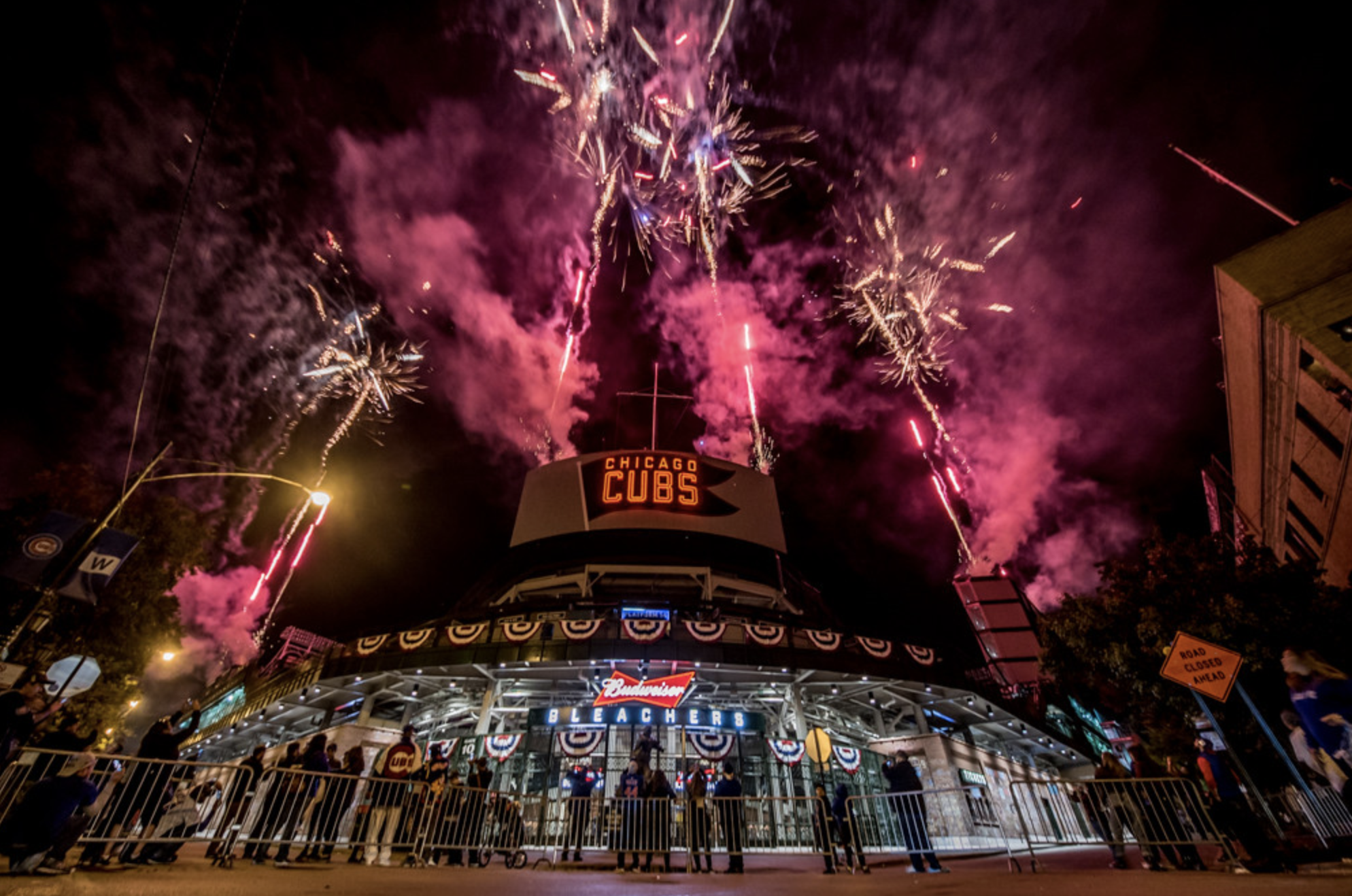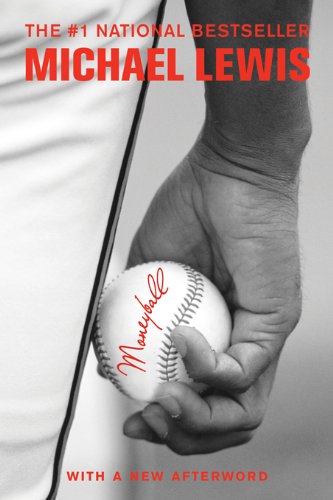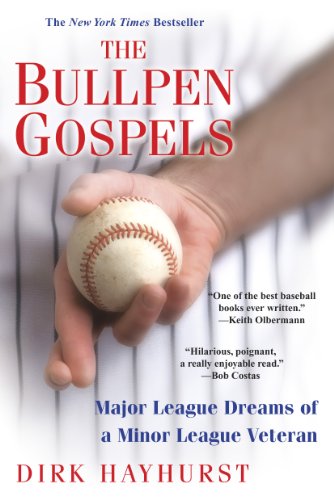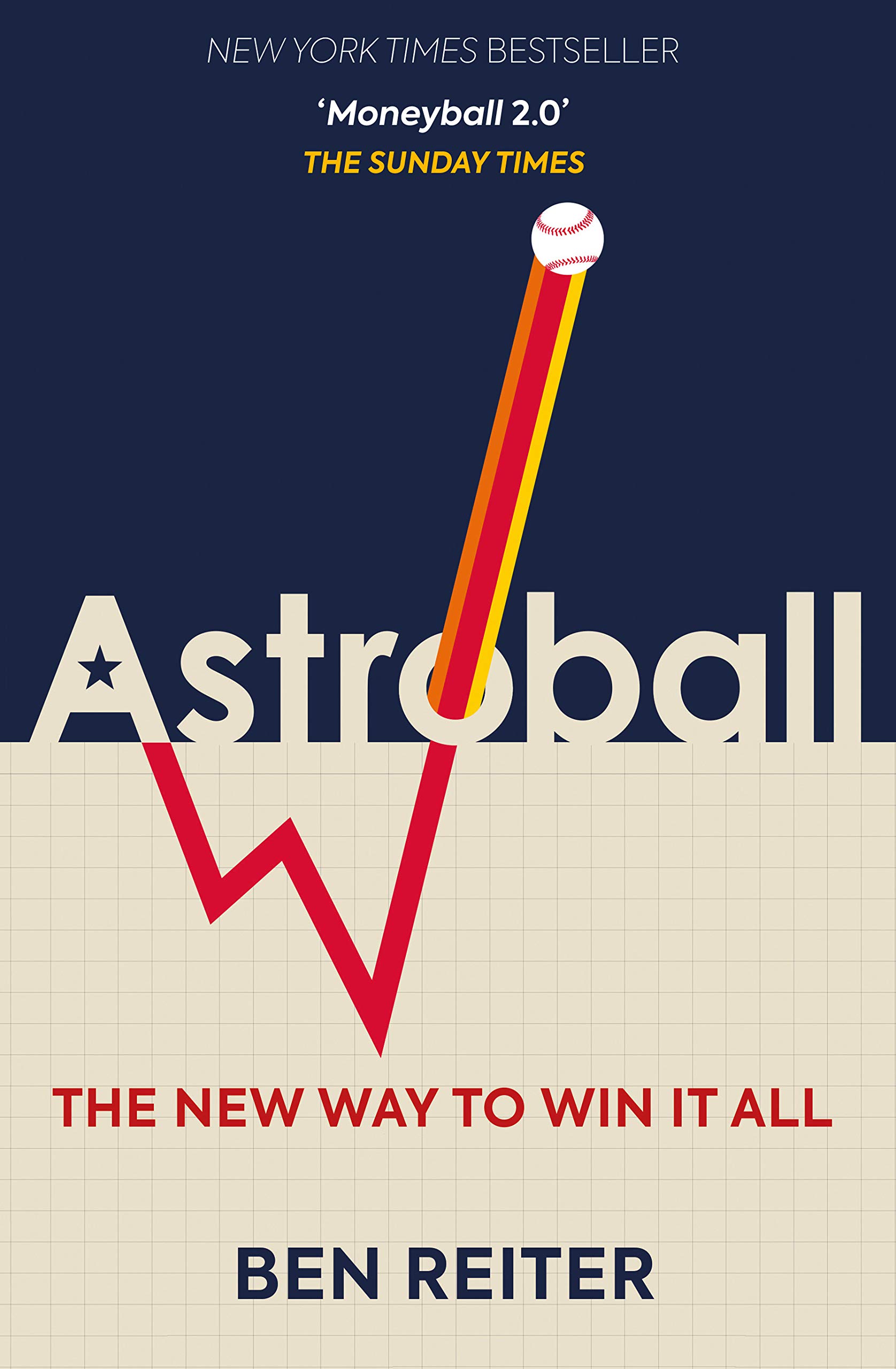The 3 Books to Read in July: Baseball is BACK Edition

Summer's official sport is returning, it's time to get happy
As Hall of Famer Bill Veeck Jr. once said, "There are only two seasons: winter and baseball,” and we have been stuck in winter for three extra months too long. By God’s good grace, baseball is returning, in addition to the NBA, MLS, and possibly the NHL by the end of July. When you zoom out and look at the big picture of COVID-19, losing sports is the most miniscule, unimportant, and inconsequential thing. That being said, the excitement for getting my childhood love back is palpable. There are very few things in this life that take me to a happier place than sitting down, having a beer, and watching a Cubs game. The 1998 season was a magical year in my life. 1998 was the year I began my unhealthy relationship with the Chicago Cubs. Kerry Wood threw his 20-strikeout game in May of ’98, and Sammy Sosa had his legendary home run record chase with Mark McGwire the same season. I was 4-years old, and I was hooked forever. Summer vacations always included waking up, watching baseball highlights on SportsCenter with my brother, playing no less than 3 hours of Triple Play Baseball or MVP Baseball on our PlayStation 2, playing at least an hour of catch in the front yard, going for a swim, and being back inside by 2:15 in the afternoon to watch the Cubs on WGN or CSN. Besides watching the Cubs, being on the diamond was always a happy place for me. I was lucky enough to have had a dad who was heavily involved in my Little League days and didn’t make it suck. I loved being on the field with him, and my teammates always loved having him around. Unlike most dads who get involved in the son or daughter’s sports, my dad never made me hate the game I played, he only amplified my enjoyment of it. Legitimately some of my greatest memories in my entire life come from being on the baseball field with my dad as my coach. As Brad Pitt said in the theatrical version of Moneyball (which I cannot recommend enough) “How can you not be romantic about baseball?” Non-sports fans may read this and think I am a weirdo, but sports fans will absolutely understand what I am saying when I say sports provide an escape from the crappy things in life, and there have been a lot of crappy things going on in life lately for most people. I don’t think it is a bad thing to be excited for people getting their happy place back in life.

Moneyball: The Art of Winning an Unfair Game by Michael Lewis
One of the most famous baseball books of all time, Moneyball is very fairly considered a classic. I will read mostly any book that Michael Lewis writes, but this is my absolute favorite. What is great about this book is that the movie isn’t just a perfection adaptation. A lot of the book isn’t covered in the movie. The movie is definitely more friendly to a much wider variety of audience, but the book is more of a technical explanation of market values within baseball, the history of the sabermetrics that were mostly founded by Bill James and used by Billy Beane and Paul DePodesta in the A’s front office, and the journey that their sabermetric mindset took the Oakland A’s on in 2002. Lewis has since admitted that writing the book may have shone too much of a light on the competitive advantage that the A’s were enjoying with their use of particular sabermetrics, but I honestly think it was for the better of the game. Teams are no longer paying millions of dollars to 35-year old players based on past performance. It has just added a new competitive edge to the game that I thoroughly enjoy. Websites like Baseball Reference, Baseball Savant, Fangraphs, and Baseball Prospectus are all websites I can spend an entire afternoon on throughout a baseball season. It is fascinating to comb through a player’s stats and possibly notice new trends in particular statistics and research the relevancy to the trends. MLB clubs are obviously working with proprietary statistics that they have developed on their own, but it is fun to see if you can find anything on your own. Minds like Theo Epstein, Billy Beane, Andrew Friedman, David Stearns, Erik Neander, David Forst, and even Daryl Morey (who Michael Lewis discusses at length in his book The Undoing Project) in the NBA are all people I would love to sit down and just fire questions at them for hours on end. The forward thinking and decision-making skills of all the people in sports that I just mentioned are something that I like to try to use in my personal life. Extract all the data you can, decide what is relevant, and then use the relevant data to make the most informed decisions that you can. Moneyball is definitely a book more geared for baseball nerds, but that discounts the greatness of Michael Lewis’ storytelling and writing abilities. If you’re going to read a single baseball book, please do make it this one.

The Bullpen Gospels: Major League Dreams of a Minor League Veteran by Dirk Hayhurst
In most medium sized cities in America, you will find a minor league baseball team probably sporting a goofy name on their uniforms and that is beloved by the entire city. In Fort Wayne we have the TinCaps, in Hartford you have the Yard Goat’s, in Toledo you have the Mud Hens, in Amarillo you have the Sod Poodles, and so on. The players sporting the wacky uniforms with the goofy names on them are attempting to live out their dream of making it to the MLB. Oftentimes these players are sacrificing a normal life, they are sacrificing time with their families, and they are sacrificing being paid a livable wage. The Bullpen Gospels tells the story of career minor leaguer Dirk Hayhurst, and how he navigates life in the minor leagues. Hayhurst managed to make 25 appearances in the big leagues, but this book focuses on his 5 seasons bouncing around the farm system of the San Diego Padres. What I loved about The Bullpen Gospels is the fact that Hayhurst doesn’t sugarcoat how crappy the minor leagues really are. You truly are getting paid nearly nothing, living in mostly crappy living conditions, and trying to maintain elite performance on a crappy diet. The book does a really good job at giving the reader an idea of what it would be like to spend the better part of your 20’s chasing a dream that you may not ever actually achieve. There are plenty of funny locker room stories throughout the book, and a few instances of a locker room kangaroo court. If you want a nice, lighthearted read about what it is like for the players of your favorite local minor league baseball team, The Bullpen Gospels gives you a different viewpoint into their life. A life that is not often successful or full of achievement of dreams.

Astroball: The New Way to Win It All by Ben Reiter
I read Astroball in May of 2019. The Astros were fresh off their first World Series in franchise history, and they were the darlings of baseball’s analytics community. This newfound success was actually quite refreshing to see as a lifelong Cubs fan. The Astros were always the doormat of the NL Central, and frankly the only reason that the abysmal Cubs teams of 2011 and 2012 didn’t finish in last place. My in-laws had recently relocated to Houston, the Cubs had won their World Series, and the Astros just kind of became the American League team that I rooted for. Fast forward 8 months after reading Astroball, and it instantly became one of the most ironic and hilarious books I have ever read. In all fairness, Ben Reiter had no idea that this massive cheating scandal was occurring right under his nose as he was writing the book. This book was very well written, and reading it affirmed my idea that the ownership and management of the Astros was all around pretty awesome. MLB teams that have adapted the data driven, analytical approach have always carried my interest. As you read above in my Moneyball discussion, Theo Epstein, Andrew Friedman, Billy Beane, etc. are all incredibly talented and fascinating minds. A lot of Astroball focuses on the different approach that the Astros took to get themselves out of the MLB cellar, and how Jeff Luhnow and Sig Mejdal overhauled how the Astros front office looked at player development and acquisition. I am a firm believer that the Astros weren’t ALWAYS cheating, and they most certainly didn’t need to be cheating in order to reach the level of success that they reached. Reading Astroball, it’s clear that the new direction of the franchise was going to lead to continued success and multiple World Series appearances. Several topics of discussion in the book are why the Astros chose Carlos Correa over Byron Buxton in 2012 MLB Draft, why stripping away prejudice and trusting data is more effective than trusting your gut, how PITCH f/x led to the Astros signing Collin McHugh and using his skillset effectively, how players have to adapt as their age and skillset progress, and the importance of inclusion and cohesiveness between teammates. Reiter covers a lot of ground, but his work is thorough when it comes to giving the reader an in-depth look at the inside of the Astros front office. Like I said, the irony is heavy with this book and you will most certainly have a laugh after you’re finished, but that doesn’t take away from Reiter’s work to make this a detailed and great read.
- Jake (July 4, 2020) Have a happy and safe Fourth of July!
Soundtrack for this blog: Chill Hits and This is: Bryce Vine on Spotify